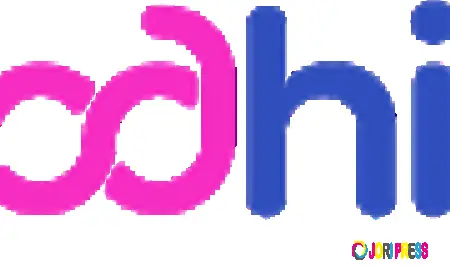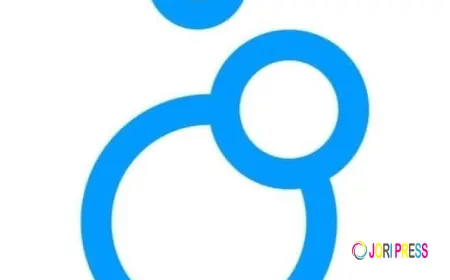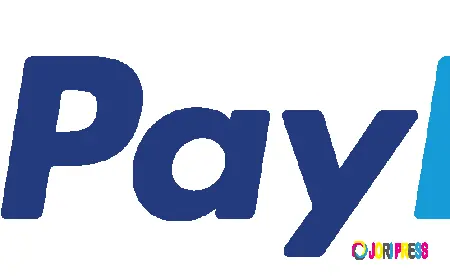How CBT Can Help with Social Media Addiction

Social media has become an integral part of modern life, offering connection, entertainment, and information at the touch of a button. However, the constant use of platforms like Facebook, Instagram, TikTok, and Twitter can sometimes evolve into a compulsive behavior, negatively affecting mental health, productivity, and personal relationships. CBT in Dubai is a well-established psychological approach that has proven effective in addressing behavioral addictions, including social media overuse. This article explores how CBT can help individuals regain control over their social media habits.
Understanding Social Media Addiction
Social media addiction involves excessive use of online platforms, often accompanied by an inability to limit usage despite negative consequences. Users may experience anxiety, irritability, or restlessness when they cannot access their accounts, which can disrupt daily routines and interpersonal relationships. Understanding the psychological mechanisms behind this behavior is crucial in developing effective interventions.
The Role of Thought Patterns
CBT operates on the principle that thoughts, emotions, and behaviors are interconnected. In the context of social media addiction, individuals may have automatic thoughts such as “I must check my notifications immediately” or “I will miss out if I don’t stay online.” These thoughts can trigger habitual checking, reinforcing the addictive cycle. By identifying and challenging these cognitive patterns, CBT helps individuals reshape their responses to triggers.
Behavioral Reinforcement
Social media platforms are designed to provide immediate rewards, such as likes, comments, and shares. These rewards activate the brain’s reward system, encouraging repeated use. CBT addresses this reinforcement by helping individuals recognize the consequences of their behavior and develop healthier alternatives that fulfill similar emotional needs without overuse.
How CBT Addresses Social Media Addiction
CBT provides a structured framework to help individuals understand the connection between their thoughts, emotions, and actions. It equips users with practical strategies to manage urges and regain control over their social media use.
Identifying Triggers
The first step in CBT for social media addiction is recognizing the triggers that lead to excessive use. Triggers may include boredom, stress, loneliness, or habitual routines. By keeping a detailed record of when and why social media is being used, individuals gain insight into patterns and situations that contribute to compulsive behavior.
Challenging Negative Thoughts
CBT emphasizes the importance of evaluating and challenging unhelpful thoughts. For example, if a person believes that they will lose social connections by not checking their feed constantly, CBT encourages them to examine the evidence for and against this belief. By restructuring these cognitive distortions, users learn to approach social media use with a balanced perspective.
Developing Alternative Behaviors
Once triggers and thought patterns are identified, CBT focuses on replacing compulsive behaviors with healthier alternatives. This may involve setting specific time limits, scheduling offline activities, or engaging in hobbies and social interactions that provide a sense of fulfillment without reliance on digital platforms.
Building Coping Strategies
CBT helps individuals develop coping strategies to manage urges and cravings. Techniques such as mindfulness, thought-stopping, and relaxation exercises can reduce the emotional intensity associated with the urge to check social media. Over time, these strategies empower individuals to respond to triggers with intention rather than automatic behavior.
Gradual Exposure and Self-Monitoring
A key component of CBT is gradual exposure, which involves incrementally reducing time spent on social media rather than attempting abrupt abstinence. Self-monitoring through journals or apps allows individuals to track progress, reflect on successes, and adjust strategies as needed. This method reinforces positive behavioral changes and encourages long-term adherence.
Benefits of CBT for Social Media Addiction
CBT offers multiple benefits for those struggling with social media overuse. By addressing both the cognitive and behavioral aspects of addiction, it promotes sustainable change and enhances overall well-being.
Increased Self-Awareness
Through CBT, individuals become more aware of their social media habits, triggers, and the underlying thoughts driving their behavior. This heightened self-awareness is the first step toward meaningful change.
Improved Emotional Regulation
By learning to challenge negative thoughts and develop healthier coping mechanisms, individuals can manage feelings of anxiety, loneliness, or boredom without relying on social media. This contributes to greater emotional stability and resilience.
Enhanced Productivity and Focus
Reducing compulsive social media use frees up time and mental energy for work, studies, and personal interests. CBT helps individuals redirect attention toward constructive activities, improving focus and overall productivity.
Strengthened Relationships
Excessive social media use can strain personal relationships. CBT encourages mindful engagement with digital platforms, allowing individuals to prioritize face-to-face interactions and nurture meaningful connections with family and friends.
Implementing CBT for Social Media Addiction
Implementing CBT effectively requires commitment and consistent practice. Individuals can benefit from structured sessions with trained practitioners or self-guided programs based on CBT principles. Techniques often include thought records, behavioral experiments, goal-setting, and coping strategy development.
Setting Realistic Goals
CBT encourages setting achievable goals, such as limiting social media use to certain times of the day or gradually reducing overall screen time. These goals provide measurable benchmarks for success and motivate continued progress.

Practicing Mindful Engagement
Mindfulness is an integral part of CBT, helping individuals stay present and aware of their choices. By consciously deciding when and how to engage with social media, users reduce impulsive behavior and strengthen self-control.
Continuous Reflection and Adjustment
CBT promotes ongoing self-reflection and adjustment of strategies. Tracking successes, setbacks, and emotional responses allows individuals to refine their approach, ensuring lasting improvement and a balanced relationship with social media.
Conclusion
Social media addiction is a growing concern, impacting mental health, productivity, and relationships. Cognitive-Behavioral Therapy in Dubai offers a structured, evidence-based approach to understanding and managing this behavior. By identifying triggers, challenging unhelpful thoughts, developing alternative behaviors, and building coping strategies, CBT empowers individuals to regain control over their social media use. With consistent practice and mindful engagement, users can enjoy the benefits of digital connectivity without compromising their well-being.
CBT not only addresses the compulsive aspects of social media use but also promotes self-awareness, emotional regulation, and healthier lifestyle choices, making it an effective tool for fostering a balanced relationship with technology.
What's Your Reaction?
 Like
0
Like
0
 Dislike
0
Dislike
0
 Love
0
Love
0
 Funny
0
Funny
0
 Angry
0
Angry
0
 Sad
0
Sad
0
 Wow
0
Wow
0



















































